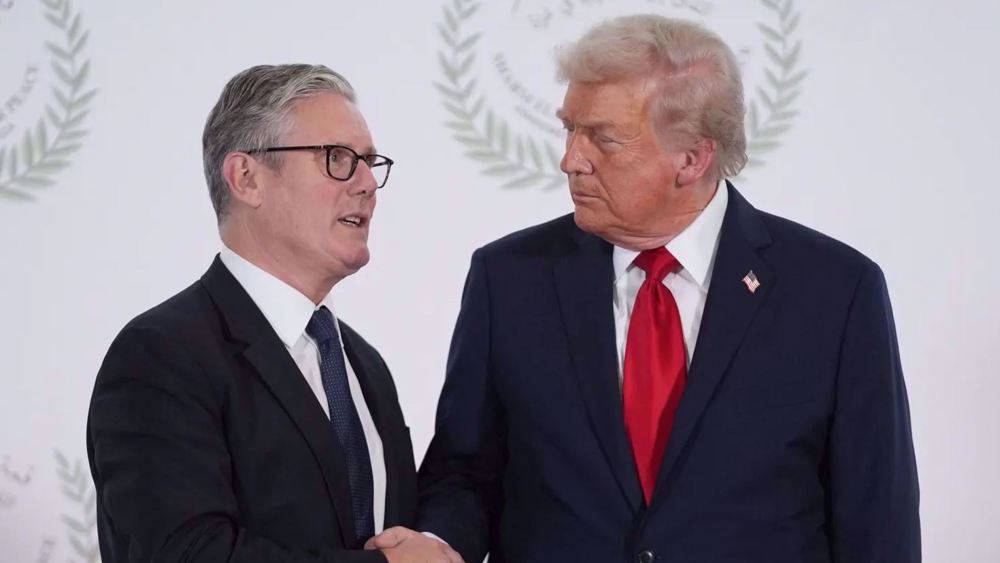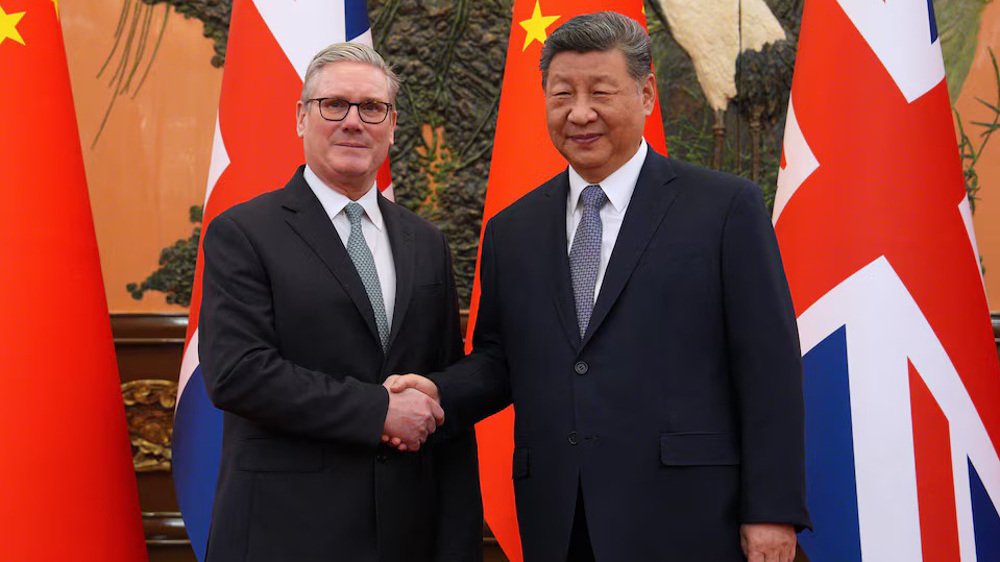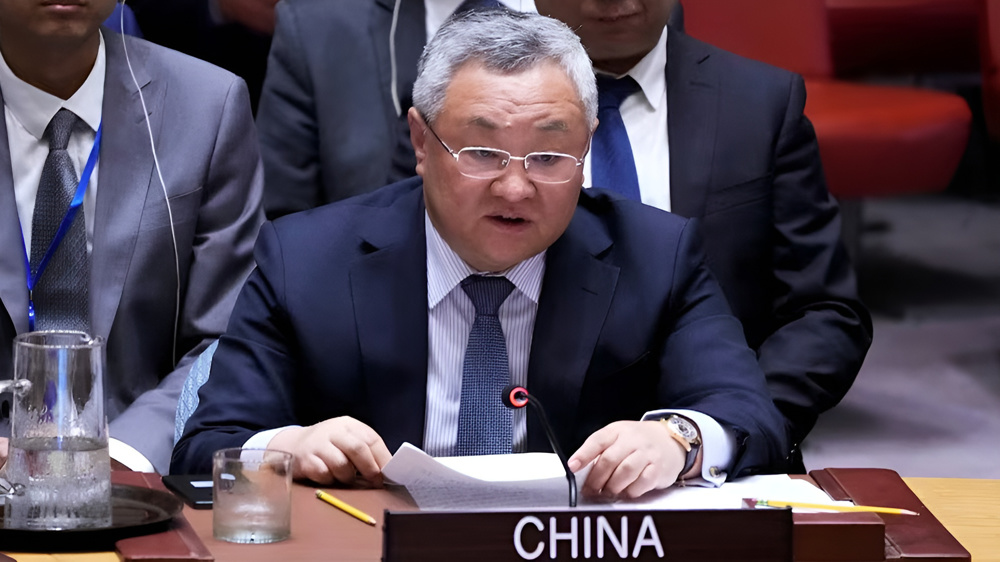Shenzhen is China's rising star as Hong Kong plunges into crisis
China's State Council has issued a directive, calling for greater development of the southern city of Shenzhen which borders Hong Kong - currently in the throes of weeks-long protests encouraged by the US and Britain.
In a further escalation, US President Donald Trump on Sunday linked a raging trade deal with China to the situation in Hong Kong, saying he will not sign a trade deal with President Xi Jinping if Beijing “did something violent" in the island.
Hong Kong is on the verge of its first recession in a decade as violent protests are taking a big toll on the leading commercial hub, scaring off tourists and biting into retail sales and investment.
With the unrest showing little sign of abating, China's government has unveiled plans to boost Shenzhen and make it into what state media called a "better place" for trade.
The policy document, outlined by state-run media on Monday, includes goals such as transforming Shenzhen's "economic strength and development quality" into one of the best in the world by 2025.
It also charts out an intention to build greater integration with neighboring Macau and Hong Kong, which state-run Global Times said, is at risk of falling behind.
"If Hong Kong is still not ready to embrace opportunities to join the country's development, the city's development would be 'very limited in the future while Shenzhen is running at a much faster speed'," the paper said, citing Tian Feilong, a professor at Beihang University.
The policy document said that individuals who are from Hong Kong and Macau but work and live in Shenzhen would be treated as residents.
Shenzhen is already a key part of Beijing's "Greater Bay Area" policy, which plans greater integration between Hong Kong, Macau and mainland Guangdong province.
The new policy document wants to pull the three regions even closer through "enhancing the sense of identity and cohesiveness of Hong Kong and Macao compatriots" via cross-border cultural activities.
The unrest in Hong Kong has plunged the Chinese territory into its most serious crisis since the handover from British colonial rule in 1997, and presented President Xi Jinping with one of his biggest challenges since he came to power in 2012.
Beijing has accused Washington and London of interfering in Hong Kong's affairs and provoking violence at a time of the West's worries about China's economic and technological rise.
Trump has made a trade war with China one of the major undertakings of his administration in pursuit of a trade deal to rebalance the relationship between the world’s two largest economies.
On Sunday, the US president linked the trade deal with China to the situation in Hong Kong as he warned of a Tiananmen-style crackdown in the island.
"I think it'd be very hard to deal if they do violence, I mean, if it's another Tiananmen Square," he said. "I think it's a very hard thing to do if there's violence."
“It does put pressure on the trade deal. If they do something negative, it puts pressure,” he added.
The Global Times has already dismissed the fear, writing in an editorial last week that Beijing is “much stronger and more mature, and its ability to manage complex situations has been greatly enhanced.”
Hong Kong has been governed under a “one-country, two-system” model since the former British colony was returned to China.
Protests began against a proposed bill which would have allowed suspects to be extradited and stand trial in mainland China. While the proposed bill has been suspended, the agitation has continued and morphed over time into unruly riots.
Trump has constantly endorsed the unrest in the city. He has recently called on President Xi to sit down with the protesters in order to resolve the issue.
EU’s IRGC listing shows elite force effective in foiling Israeli plots: Yemen
VIDEO | Europe hostile move against IRGC
VIDEO | Zionists against the NHS
Trump compromised by Israel, Epstein files reveal
Iran, China, and Russia to hold joint naval exercise
Leader visits Imam Khomeini’s mausoleum ahead of 47th anniversary of Islamic Revolution
‘Our hands are on the trigger’: Iranian army chief warns Israel, US against mischief
Death toll from Israeli attacks across Gaza rises to 29 since dawn















 This makes it easy to access the Press TV website
This makes it easy to access the Press TV website